

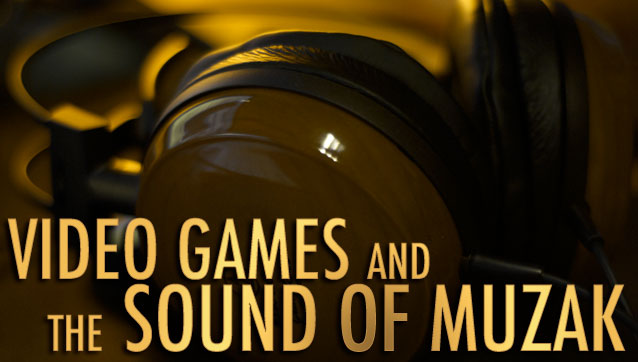
One of the often voiced complaints about modern games is that in the past, games used to have better music. There’s been a lot of analysis how and why music is perceived this way. Basically, in the past with MIDI sounds and even earlier with chiptunes, game music was much more abstract. Some artists worked hard to make their music sound as close to real instruments or voices as possible. But in general the music was simple and abstract with only a few voices available to compose music with. So the result was usually simpler, “catchier” melodies that a big number of people now perceive as “better” since they were more immediate.
When Outcast came along in 1998, it was a revelation to the gamers of the time. It was one of the first games to feature a fully blown, fully realized orchestral score, it’s even today oftentimes heralded as “best game music ever” by many people just because it was the first time they heard a game using a musical language that used to be confined to movies before.
Nowadays things are different and a bit more complicated. Game music most of the time is just background music. Fewer memorable themes are used, and if there are themes, they are usually not used during the game itself but reserved to menus or intro videos.
Of course there are exceptions to the rule. There is the Metal Gear Solid series, merging blasting themes with subdued and subtle background music. There is also the Halo series, a pinnacle of contemporary game music, cleverly blending electronic instruments with choir, orchestra and electric guitars. These days, high profile games ever more frequently make use of movie soundtrack composers. Harry-Gregson Williams was one of the first. Hans Zimmer, Brian Tyler, John Debney, Tyler Bates and Bear McGreary contribute to gaming music, with mixed results. There is no doubt that these guys make terrific music, but it can be argued that not all games can make good use of movie soundtrack style bombast music.
This year’s best music from a game—for me anyway—came from Portal 2. It’s a clever, quirky, melodic and well used piece of gaming music. It’s instantly identifiable as Portal 2 music since it really doesn’t sound like anything else.
One of the big problems I (and many other people, it seems) have with, say, the music of Skyrim is that while it sure sounds nice, it doesn’t have too much distinct identity. Sure, there are some themes that were also used in Oblivion and Morrowind, Skyrim’s predecessors in the Elder Scrolls series, but while Jeremy Soule is a good enough composer to have a distinctive individual style, his music is in the bombastic movie soundtrack style. As such, it always runs into the danger of sounding too generic. While on the other hand, movie style music in a game can become too intrusive, too present, thereby becoming more of an annoyance, especially if repeated in an endless loop.
I’m not arguing against games using movie music, however. Video game music doesn’t need to be bleeps and bloops. But there can be a lot of things done with video game music that are really not aping movie music. Take Jesper Kyd’s fantastic music for the Assassin’s Creed series for example. It’s distinct. It’s a blend of classical music and electronics. It is of course not a catch all approach that would fit any game. But it’s a good model for making game music that is refined, features prominent themes and at the same time doesn’t try to sound like it’s music from a movie.
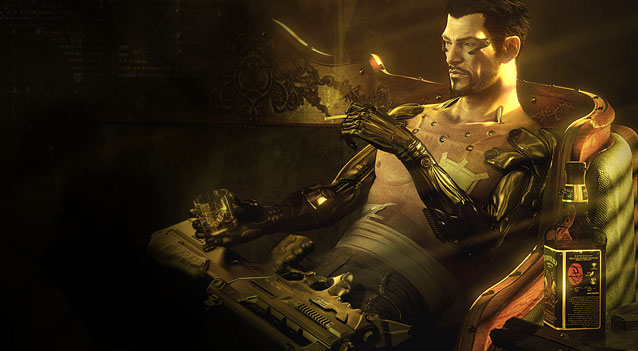
The other big music this year was Deus Ex: Human Revolution. The numerous trailers promised romping, mesmerizing electrosynth scoring with broad sweeping vocals. The game itself was a bit of a letdown in that department, the music in game being not very memorable, very subdued, background music that didn’t stick with the player after the game was shut off. Interestingly, with the in-game radios playing musical cues from the original Deus Ex, the sharp contrast between the clean, clear cut themes of the first game and the serviceable but non memorable background dronings of the third game becomes jarringly obvious.
It’s not that DXHR features bad gaming music. It’s a different approach to scoring a game. Whereas the original Deus Ex featured midi based, rather simple-yet-complex themes, DXHR’s music is a complex carpet of background drones. While it's not an outright terrible approach to gaming music, it just doesn’t produce a lot of memorable musical cues and can be a bit generic at times, not necessarily creating a strong identity for the game. The approach is in the same camp as the competent yet similarly unmemorable and identity-lacking movie style music a lot of games feature these days. The music may sound pleasing and does the trick of scoring the action on screen, yet often times fails in producing a unique identity for the game in question. This goes even so far that I fail to come up with any title that stuck in my mind for it’s blandness in music.
Maybe one of my favorite pieces of gaming music ever is Kow Otani’s sublime score of Shadow of the Colossus. But that is the game’s fault, since it’s sublime landscapes and battles lend themselves tremendously well to the Otani’s style. The two really go hand in hand perfectly.
Especially when it comes to the dynamic shifts during the battles, the music really shines, and that right there is an accomplishment very few games manage to pull off.
Dynamic gaming music too often, especially in games that feature a lot of stealthy sections, can start to function as a sort of musical spider sense, telling the player exactly when the enemies exit their alarm state. In a game like Metal Gear Solid, where the duration of the alarm state is displayed on screen anyway, this is not much of a problem. However in other games that deliberately do not make use of this feature, this kind of dynamic scoring can be a bit of a letdown.
Repetitiveness might be gaming music’s biggest problem. Especially in games that are just very very long, like Skyrim, which just now devours hours, days and weeks of millions of gamers, it is important that there is a lot of music, but also that there is a lot of music that doesn’t become (too) annoying after the umteenthousandth loop. Creating this kind of music is a challenge, and one that is unique to gaming music. It is something that cannot be easily solved by scoring games like movies, since in a movie a particular musical cue doesn’t necessarily repeat more than once.
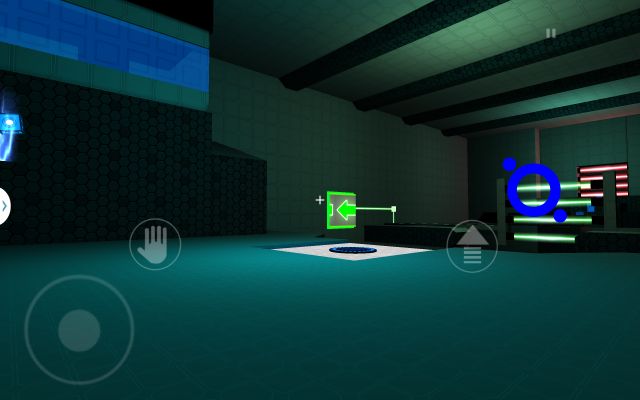
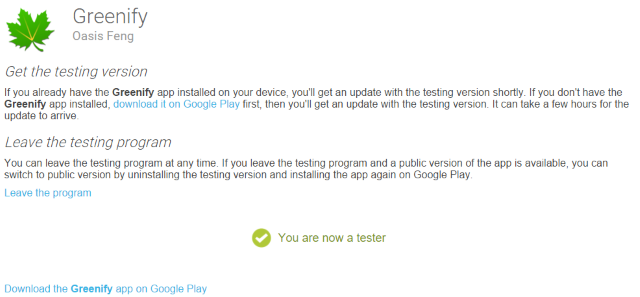

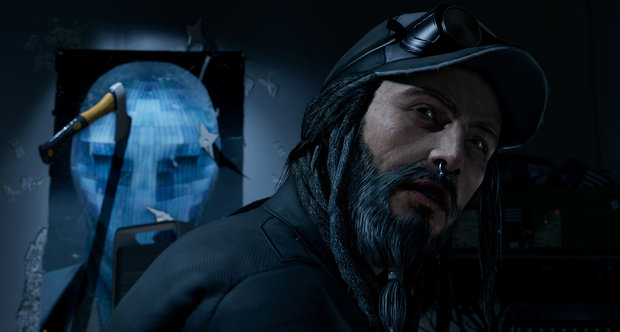
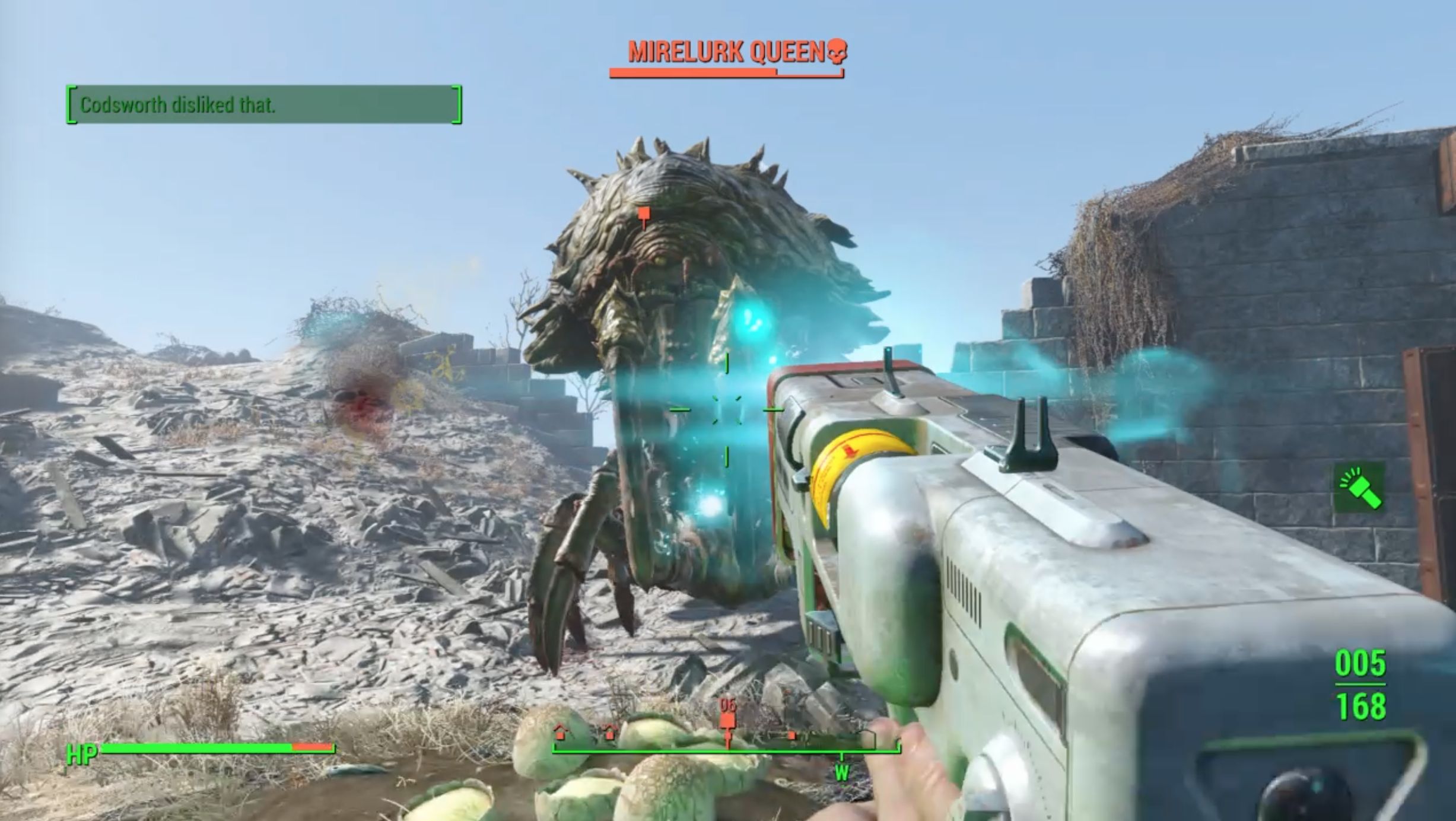 Fallout 4: Taking Independence walkthrough
Fallout 4: Taking Independence walkthrough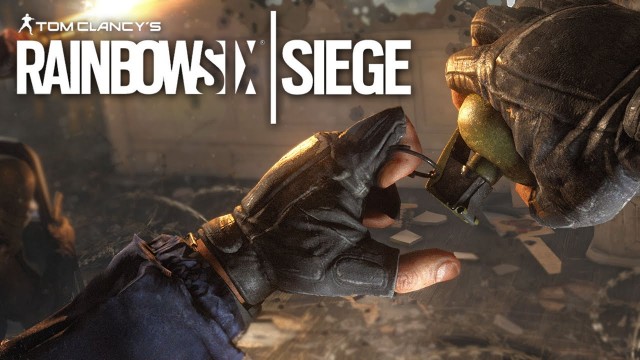 Rainbow Six Siege: How To Unlock Free Fire Weapon Skins, 24 Hour Reown Bonus From Uplay
Rainbow Six Siege: How To Unlock Free Fire Weapon Skins, 24 Hour Reown Bonus From Uplay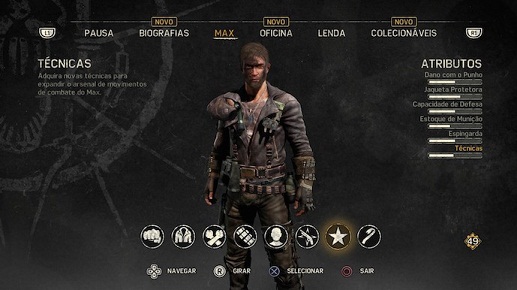 Improve your heros Skills / Attributes in Mad Max
Improve your heros Skills / Attributes in Mad Max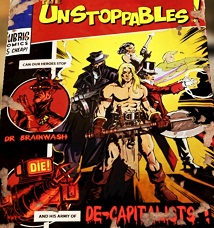 Locations of All Unstoppable Magazines in Fallout 4
Locations of All Unstoppable Magazines in Fallout 4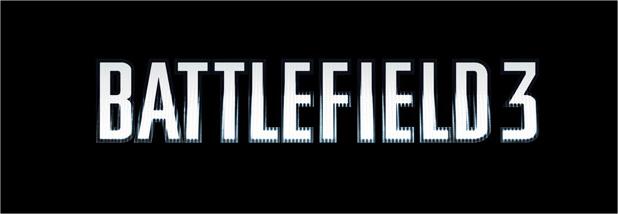 Battlefield 3 Guide
Battlefield 3 Guide